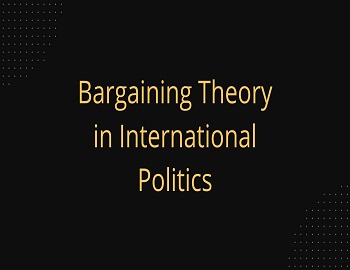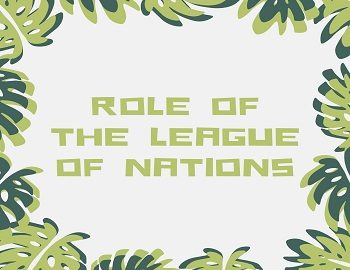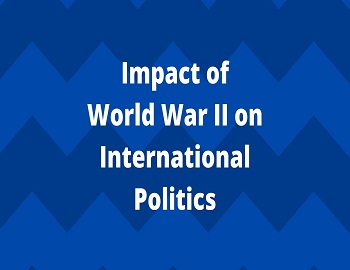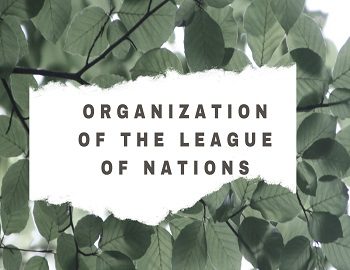Bargaining Theory in International Politics:
Bargaining Theory is the further extension of Game Theory. The methods of bargaining theory are generally the same as that of game theory. The main emphasis of bargaining theory is on resolving international conflicts peacefully through negotiations. The negotiations are given main importance in this theory. The main exponent of this theory are Thomas Schelling, Arthur Lee Burns and Joseph Nogee. These authors and many others have made use of the bargaining theory and have developed theories of negotiation in different aspects of international life.
Types of Bargaining Theory:
There are mainly three types of bargaining theories. These different approaches can be noted as under-
- Orthodox Approach.
- Change in Negotiation.
- Theory of Quasi-negotiation.
The first approach adopted in developing theories of negotiation or bargaining is called the orthodox approach. This approach has been developed by Harsanvi and others. According to this theory in the bargaining situation when some negotiations are made, the negotiating parties should not change their preferences. Harsanvi in his book ‘Bargaining in Ignorance of the Opponent’s Utility Function‘ writes that the preference schedules of negotiating parties remain constant. He is of the view that it is not rational to change one’s preference during negotiation.
Whereas the orthodox approach suggested no change during the course of negotiations the second approach suggested the possibility of change during the negotiations. Arthur Lee Burns is the main exponent of this second view. Burn in his book ‘Prospects for a General Theory of International Realtions‘ said that during the negotiations there is bound to be some changes. On the basis of change in negotiation, this second approach has developed.
The third approach, which is called ‘theory of quasi-negotiation’has been developed by Prof. Joseph Nogee. According to this theory, in certain negotiations no party wants to reach an agreement. But at the same time no party likes the prospect of appearing to have failed in negotiations. Nor does any party like to show reluctance so as to compel the other party to break off the negotiations. As such proposals by the concerned parties are made which have popular appeal but which contain a joker, i.e. as Joseph Nogee writes, “at least one feature that the other side could not possibly accept, thus forcing a rejection of the whole claim’.
The above three theories of bargaining or negotiations give useful ground for the development of a sound theory of international negotiations.









Comments (No)